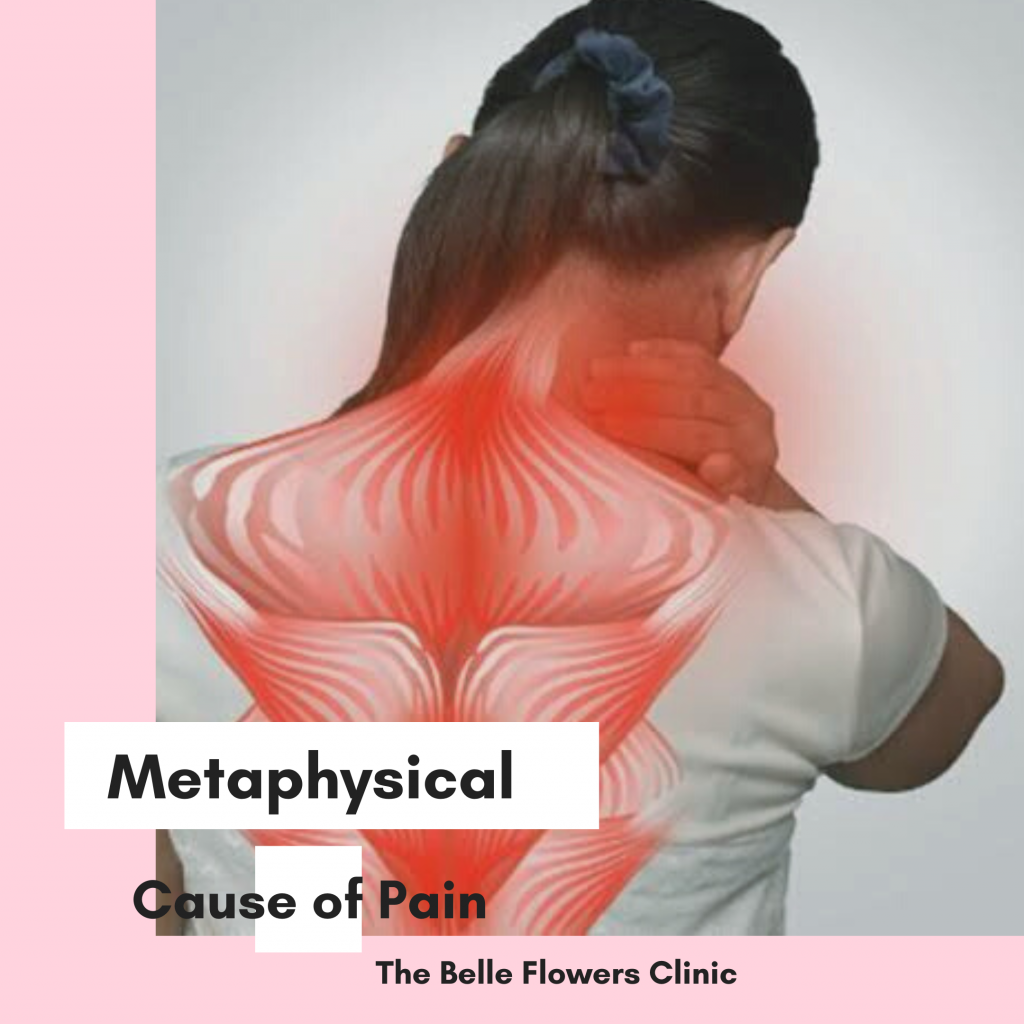To me, it is no surprise that researchers have proven what we massage therapists already know: soft tissue massage beats a gadget or device any day of the week!
“Massage therapy has been my life’s work since I was twenty years old. I breathe it, I live it and I believe it works. However along my journey I have been guilty of wishing I had a hand-held device I could use on clients that would help them (and also give my thumbs and wrists a rest!) There are many gadgets available globally, that claim magical healing powers, and I have used a few to limited clinical success, however, I always come back to what I know – there is healing power in our hands, and when used in conjunction with our understanding of anatomy and functional movement, plus a little intuitive magic, we can encourage the body to heal itself in a far more effective way than a machine or gadget can.”
Belle Flowers
Frozen shoulder is a fairly common complaint that causes pain and disability in moving the arm up or behind the body. It can really affect your daily life – think about it: can’t put a bra on, catch reach above your head to the clothesline, driving a car becomes difficult.
Traditional treatment includes anti-inflammatory drugs, cortisone shots, physio, and drastically – surgery.
However before you get to all this, perhaps there is a less intense option that you may want to try first?
A Toolkit of Solutions
A good remedial therapist will usually have a toolbox full of techniques they have learned and adapted to their treatment routine. Possible techniques could be energy healing, stretching, yoga, mindfulness, kinesiology and taping/strapping. An excellent remedial therapist will understand the metaphysical connection between mind and body, and as such will be able to assist with deconstructing the limiting thought/pattern/behaviour that has contributed to the injury or issue.
Metaphysical Reasons for Pain
Pain or stiffness in the shoulder will often result from “carrying the world on your shoulders”, feeling over-burdened, and being weighed down by the mental load of your responsibilities. Too often people perceive their responsibilities to be solely reliant on them, not asking for help, nor being able to see that their burden has oftentimes been due to their own beliefs. Becoming rigid in your thinking about yourself, and your responsibilities can often be the root cause of your pain. Remember your shoulder didn’t “freeze” overnight. It took months or years to get to this point. It can begin to thaw, when your thinking habits relax too.
If you are a “helper” and have a lot of people to care for, you are a sitting duck for frozen shoulder. Likewise, anyone who feels validated by being in service to people. Someone who is always feeling a little insecure of themselves, and “over-gives” could have shoulder stiffness or twinges that may turn into something more over time. People-pleasers often get frozen shoulder, or pain in their shoulders too.
Neck pain is often the result of your inability to “change your point of view” regarding a person or situation in your life. OR even about yourself. The rigidity of mind is the real pandemic in this world – people seem to believe their thoughts are absolute truth, without even questioning them.
“The first thing I do when working with a client with neck or shoulder pain is to question how they see their world. Their point of view is often what is contributing to their pain.”
Belle Flowers
Every single client has a fixed mindset when it comes to challenges, or how they see the world – yet with a little gentle probing, they can begin to unravel their minds strings, and release their tight grasp on how they see the world – letting go is all about releasing, taking the hands off the wheel, trusting and being open to more possibilities.
The Research
The research however is clear – soft tissue massage is more effective for managing injuries that have resulted in neck and radiating arm pain, than ultrasound (commonly used by a physio). Simply applying an ultrasound may “feel” like something is happening that we can’t see, but it probably ain’t worth your time. OR money.
Tender points in the muscles of your arm may also increase the sensation of neck or arm pain, meaning that massage earlier in the injury’s timeline could help decrease the duration of pain and subsequent loss of range of movement. This is often the case in “frozen shoulder” issues. Left too long, the pain becomes unbearable, and eventually, movement is impossible. It is a cumbersome healing process, rather tedious at times, but massage therapy is and should be, the first approach at the slightest sign of loss of shoulder movement. (Of course, get your scans done, and rule out contributing factors).
Mental Health is impacted by chronic pain
Because chronic pain causes a risk for decline in mental health, it is important to begin your healing process as soon as you cam. Dont put it off! Massage has been shown to increase levels of serotonin (which stabilises feelings of happiness and mood) and dopamine (helps you to feel pleasure, motivation and satisfaction), the obvious choice for injury treatment and recovery is soft tissue massage, alongside common rehab routines such as stretching, strengthening, ice and rest. But let me add one more not-so-common treatment for frozen shoulder pain – intuitive healing and counselling.
What next?
Releasing you of the limiting beliefs causing your body to lock up, stiffen and freeze should be paramount – so it doesn’t happen again! Read more about Emotion Code healing here.
Belle is a holistic pracitioner who works with the physical, emotional,mental and spiritual layers of a person. No session is the same. Just like no person is the same as anyone else.
Talk to Belle today about how she might help you.
REFERENCES
Michael Costello, Emilio ‘Louie’ J. Puentedura, Josh Cleland & Charles D. Ciccone (2016) The immediate effects of soft tissue mobilization versus therapeutic ultrasound for patients with neck and arm pain with evidence of neural mechanosensitivity: a randomized clinical trial, Journal of Manual & Manipulative Therapy, 24:3, 128-140, DOI: 10.1179/2042618614Y.0000000083
TIFFANY FIELD, MARIA HERNANDEZ-REIF, MIGUEL DIEGO, SAUL SCHANBERG & CYNTHIA KUHN (2005) CORTISOL DECREASES AND SEROTONIN AND DOPAMINE INCREASE FOLLOWING MASSAGE THERAPY, International Journal of Neuroscience, 115:10, 1397-1413, DOI: 10.1080/00207450590956459


